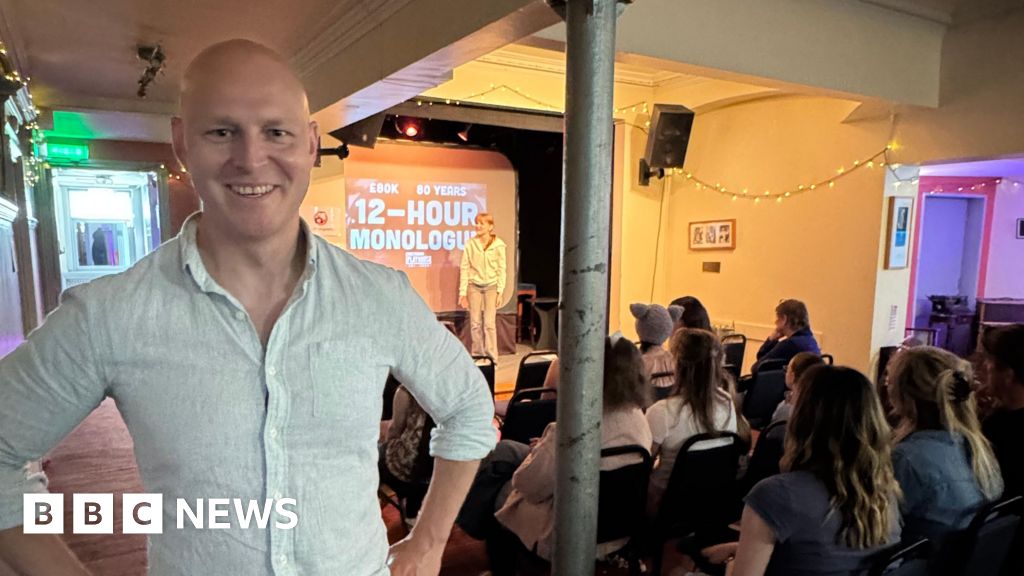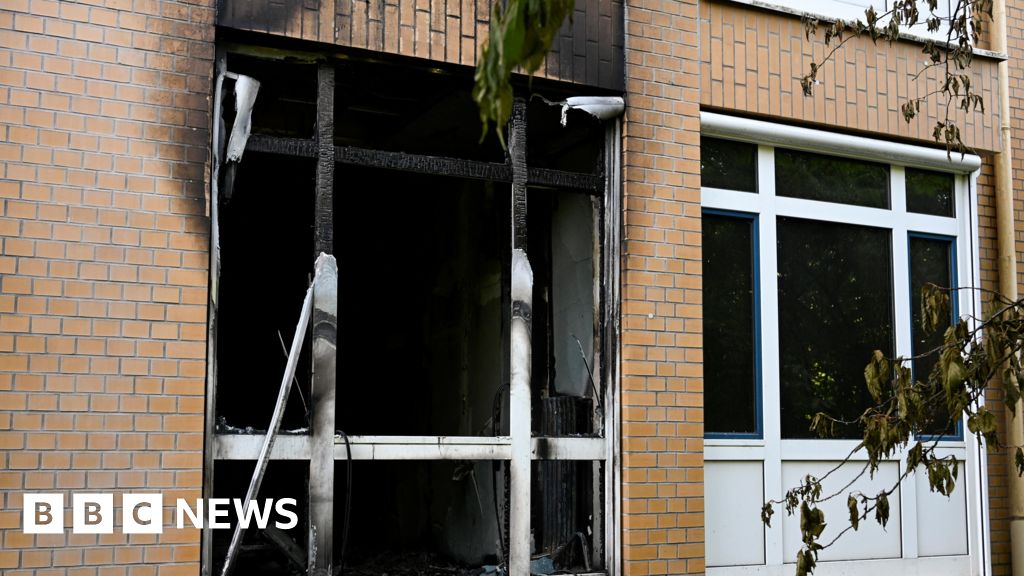- Education
translate to lower insurance premiums
时间:2010-12-5 17:23:32 作者:China 来源:India 查看: 评论:0内容摘要:last year for £100m.last year for £100m.
Data on the number of deaths in air accidents globally also shows that there has been a decrease over the same period, albeit with spikes in some years reflecting major air disasters.In 2014, two such events contributed to a significant spike.

In March, Malaysian Airlines flight MH370 disappeared as it travelled from Kuala Lumpur to Beijing with 239 people on board. In July, another Malaysian Airlines plane, MH17, was shot down by a Russian-made missile over eastern Ukraine, killing almost 300.Data sets such as this are inclined to see sudden, large fluctuations, Prof Sir David Spiegelhalter, Emeritus Professor of Statistics at the University of Cambridge, told BBC Verify."If you count fatalities rather than accidents it's bound to be extremely volatile and sensitive to a single large accident," he said.

"Random events do not occur evenly - they tend to cluster. So unfortunately we can expect aircraft accidents to be appear to be connected, even when they are not."Regarding the series of high-profile accidents over the past few months, Ismo Aaltonen, formerly Finland's chief air disaster investigator, told BBC Verify they are not an indication of a decline in aircraft safety.

"It's very unlucky that we had this period of many different kind of accidents, but people should not draw any conclusions based on this because they are such different cases," he said.
He noted that some incidents over the past few months were unforeseeable, citing an Azerbaijan Airlines flight which crashed in Kazakhstan in December afterThis "mixed reality" experience "squeezes the training continuum" for fighter pilots, says the firm's CEO Timo Toikkanen, because they no longer have to travel long distances to complete war simulations in giant aircraft hangers, which are expensive to power and run. "You can do 99% of the same [training] inside of the headset."
The start-up had already attracted heavy investment prior to Russia's invasion of Ukraine, and started working with medical research companies and car manufacturers.But Mr Toikkanen says the start of the conflict and Finland's admission to Nato a year later "just kind of put everything on steroids" in terms of interest in its defence offering.
Since March 2022 the company has raised more than €50m (£42m; $54m) in additional funding.Mr Toikkanen says that before the war technologies that could be used by military forces used to be "kind of a red flag" for investors concerned about social and environmental responsibilities, and Varjo's executives would "tiptoe around" that side of the business when seeking funding.
- 最近更新
- 2025-07-07 11:40:31Parties jockey for power in Hamilton by-election
- 2025-07-07 11:40:31Parties jockey for power in Hamilton by-election
- 2025-07-07 11:40:31Supreme Court lets Trump restart deporting migrants to ‘third countries’
- 2025-07-07 11:40:31Cute and flattering not-too-short shorts that will keep you cool all summer long
- 2025-07-07 11:40:31'I'm autistic and my orchestra helps me be myself'
- 2025-07-07 11:40:31Lockerbie: Remembering the victims of Flight 103
- 2025-07-07 11:40:31The best hair growth products of 2025, according to hair loss experts
- 2025-07-07 11:40:31Iranian missile barrage strikes Israel after deadline Trump announced for ceasefire p…
- 热门排行
- 2025-07-07 11:40:31How to pay off your credit card debt
- 2025-07-07 11:40:31Iranian missile barrage strikes Israel after deadline Trump announced for ceasefire p…
- 2025-07-07 11:40:31Angel Hair Pasta with Clams, Cherry Tomatoes, and Basil
- 2025-07-07 11:40:31Trump tariffs get to stay in place for now. What happens next?
- 2025-07-07 11:40:31use-based or telematics program
- 2025-07-07 11:40:31Calm returns to Qatar following Iran’s attack on Al Udeid airbase
- 2025-07-07 11:40:31Thinking of downsizing? Here how to tap your equity to make it happen (and cut costs)
- 2025-07-07 11:40:31'We make more money from weddings now than farming'
- 友情链接
- Inflation and interest rates tracker: see how your country compares Building the product shelf of the future US moves B-2 stealth bombers into Pacific as Trump weighs entering war Farage to offer non-doms £250,000 fee to avoid UK tax for life Inflation and interest rates tracker: see how your country compares The Israel-Hamas war in maps and charts PM Shigeru Ishiba’s LDP defeated ahead of upper house vote next month FirstFT: Trump raises prospect of ‘regime change’ in Iran Private equity group KKR trumped by rival bidders in Spectris and Assura deals Premier had refused to increase military expenditure to 5% of GDP to placate Donald Trump Elevate your dining experience, whether you’re watching Wimbledon, Wicked, or the sun go down Inflation and interest rates tracker: see how your country compares FirstFT: Trump raises prospect of ‘regime change’ in Iran EU should use trade deals to send back migrants, says Belgian minister Advent agrees £4.4bn takeover of London-listed Spectris Will the courts rain on Trump’s parade? Private equity group KKR trumped by rival bidders in Spectris and Assura deals The 10 most entertaining terraces in London ‘ESD’: an investor framework for an era of upheaval Advent agrees £4.4bn takeover of London-listed Spectris Japan’s ruling party suffers record low result in Tokyo poll Will the courts rain on Trump’s parade? Elevate your dining experience, whether you’re watching Wimbledon, Wicked, or the sun go down The truth about Mark Zuckerberg’s macho-man makeover ‘ESD’: an investor framework for an era of upheaval Keir Starmer’s balancing act on Iran risks political pain at home End Nato secrecy to convince voters on defence spending, says Lithuania Travel outside your political tribe? Many are saying no thanks Monthly PMI data strengthens case for Bank of England rate cut in August The 10 most entertaining terraces in London
